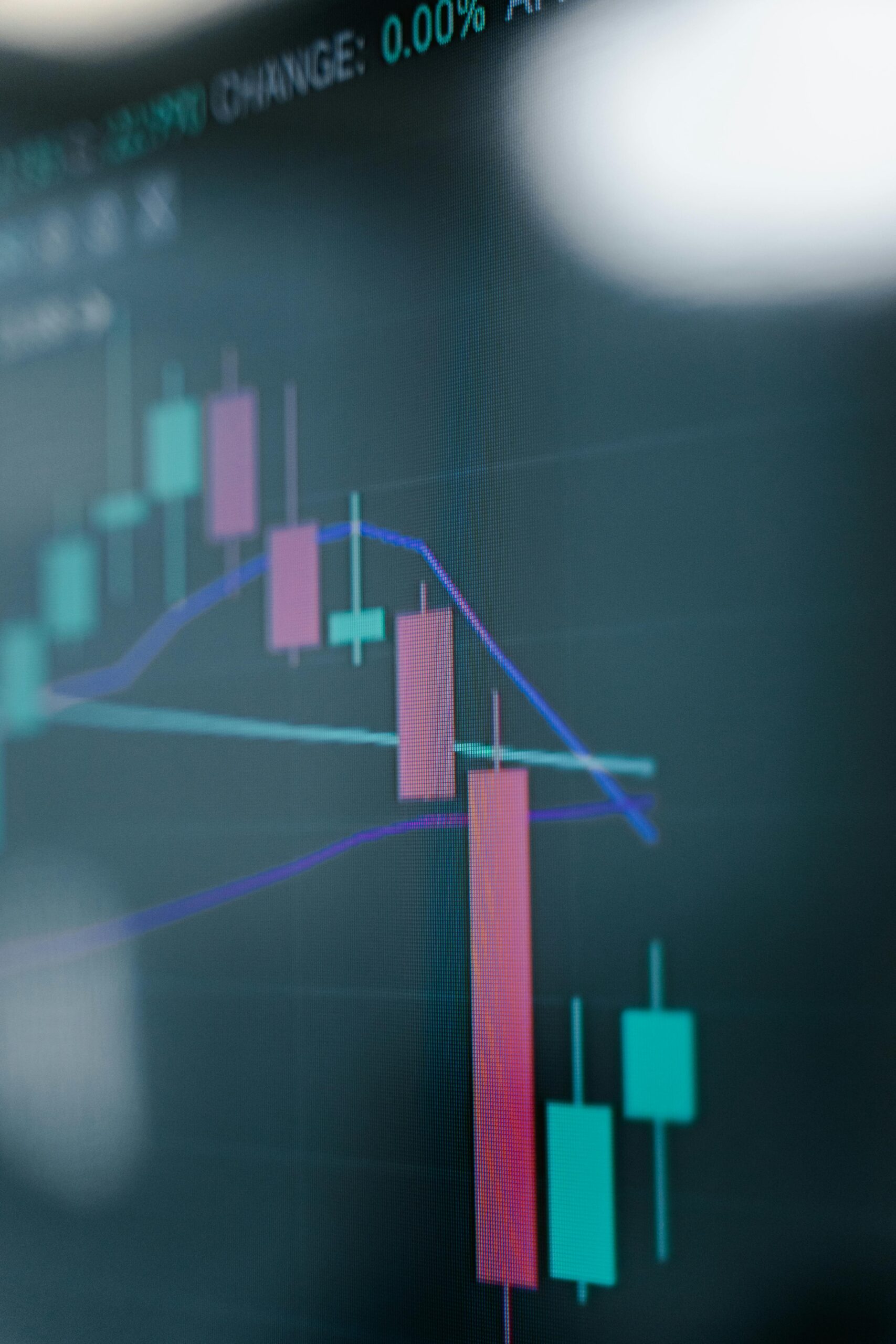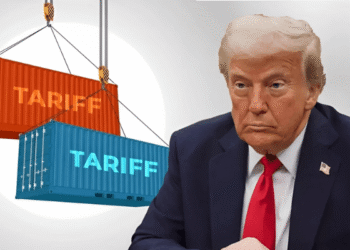The U.S. stock market has continued its upward trajectory despite higher interest rates. The S&P 500 index, a key benchmark, has gained 10.6% year-to-date, with a notable 4.8% increase in May. This rally has been driven by investor optimism and a fear of missing out (FOMO), as market participants look beyond current headwinds and focus on the underlying strength of the economy.
According to Morgan Stanley’s Andrew Slimmon, the bull market is still in its early stages. Slimmon notes that the market has not yet seen the typical signs of a mature bull market, such as excessive speculation and euphoria.

Instead, investors are gradually becoming more confident in the market’s prospects, driving up prices. Higher interest rates have historically been a headwind for stocks, as they increase borrowing costs and reduce consumer spending. However, the current rate hike cycle has had a limited impact on the market, as investors focus on the underlying strength of the economy.
The U.S. economy has shown resilience in the face of higher rates, with GDP growth remaining strong and unemployment at historic lows. Corporate earnings have also been robust, with many companies beating expectations.
The continued rally in the stock market has significant implications for investors. As the market looks beyond current headwinds and focuses on the underlying strength of the economy, investors may be rewarded with further gains. However, it is important to remain cautious, as the market can be volatile and subject to sudden changes in sentiment.
What They are Saying
“The bull market is still in its early stages… FOMO has not yet kicked in,” said Andrew Slimmon, Managing Director and Senior Portfolio Manager at Morgan Stanley. “We expect the market to continue its upward trajectory, driven by investor optimism and a focus on the underlying strength of the economy.”
In Essence
The U.S. stock market is demonstrating its resilience, with the S&P 500 index up 10.6% year-to-date, despite higher interest rates. Investor optimism and a fear of missing out are driving the market, which is expected to continue its upward trajectory.

















